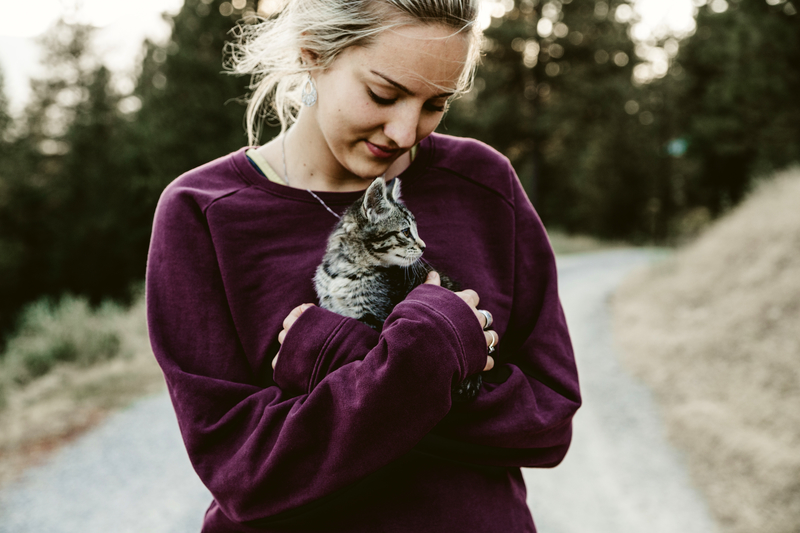I love how in recent years as Mother’s Day approaches we’ve been seeing more writings that question the maternal instinct. As one example, take the National Geographic article that just came out titled, “Is Maternal Instinct Only for Moms? Here’s the Science,” by Sarah Gibbens. I’d like to discuss a couple of related questions but without an assumption of instinct. Why?
Because there is no maternal instinct to begin with…
As I discuss in The Baby Matrix and in numerous pieces, maternal ‘instinct’ is a myth. Like the pronatalist assumption that we’re innately wired to want to have children, the idea of maternal instinct has its roots in generations of strong social and cultural influences, not biology. The belief is so ingrained that it feels like it is innate—it’s been around so long it feels like it is naturally supposed to be part of every ‘normal’ woman’s makeup. But it’s not. If it were an instinct, every woman would feel it, and they don’t. As Mike Mariani puts it in “Generation Kidless,” maternal instinct is ultimately “a social construct rather than a biological trait.”
If a woman does not have maternal feelings it must mean she won’t want kids, right?
Childfree women who don’t experience maternal feelings would say yes. However, plenty of women who don’t feel all that maternal have kids. Why? Strong pressure from pronatalist society comes at them on many fronts. And as we are finding out, as more women talk openly about it, many women who don’t feel maternal and go ahead to have children can find these feelings do not change much over the course of raising their children. This lack of maternal energy can contribute to taboo feelings of motherhood regret.
How about: If a woman does not want kids, it must mean she’s not maternal, right?
To this I say no. If you look at the definition of being maternal, we see first descriptions that look something like this: “of, relating to, belonging to, or characteristic of a mother.” Definitions also include synonyms such as: caring, desire to take care of, nurturing, loving, affectionate, gentle, comforting, protective, and devoted.
Does one have to have children to feel or exhibit any of these qualities? Of course not. We can experience maternal feelings in a myriad of ways. One of the most popular is through our pets. In my years studying the childfree, I’ve seen that while many childfree women would say their pets are not their “children,” many others would. They have what can easily be described as a maternal bond with their pets. Whether they see pets as their “kids” or not, maternal qualities so often come out in childfree women’s relationship with their animals.
In her National Geographic piece, Gibbens writes, “…it seems humans as a species remain biologically driven to form bonds with infants placed in their care—no matter their gender or social status.” Just looking at the childfree, I would expand this to a potential drive to form bonds with all kinds of beings.
When it comes down to it…
Wanting to bond with and care for children does not ultimately define what it means to be maternal. Those without children by choice can have strong maternal feelings – it’s just that those feelings don’t necessarily relate to beings in human form. Yet they also can – a good number childfree women do feel maternal towards children, just not their own.
So I say on Mother’s Day, celebrate your mother, grandmother and other mothers in your family tree. Celebrate those who’ve given to you in maternal ways. And celebrate all the ways in which you express the maternal in you.
To the childfree who resonate with feeling maternal, what are ways in which you express it in your life?






Thanks for this article! We need to stop sexist myths that limit, constrain and reduce human capacities. Stop discouraging and excluding other humans from nurturing. Stop compelling females into a stereotyped straight jacket.
Maternal capacities relate solely to characteristics of biological sex: such as pregnancy, childbirth and breast feeding.
All other caring, nurturing, supporting, defending, teaching capacities are human capacities. These are not sex specific traits or necessarily tied to biological kinship. Stop using words inaccurately.
Even benign myths are constraining and false. Mothers who want equality, fair distribution of housework, and parity in the workforce would do well to dispell their own internalized misogyny.